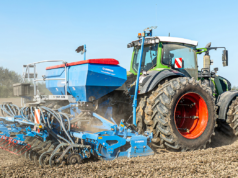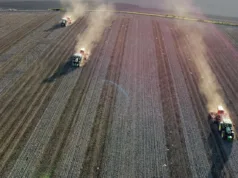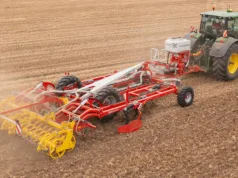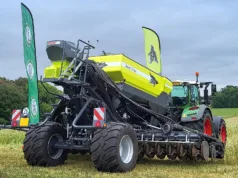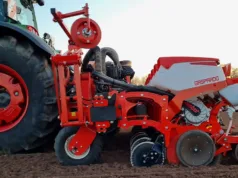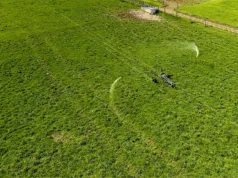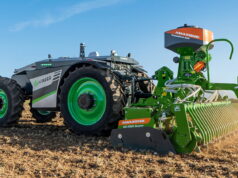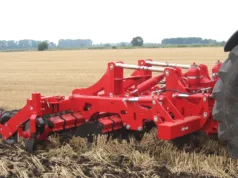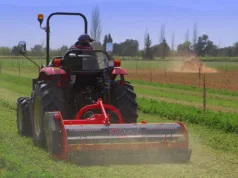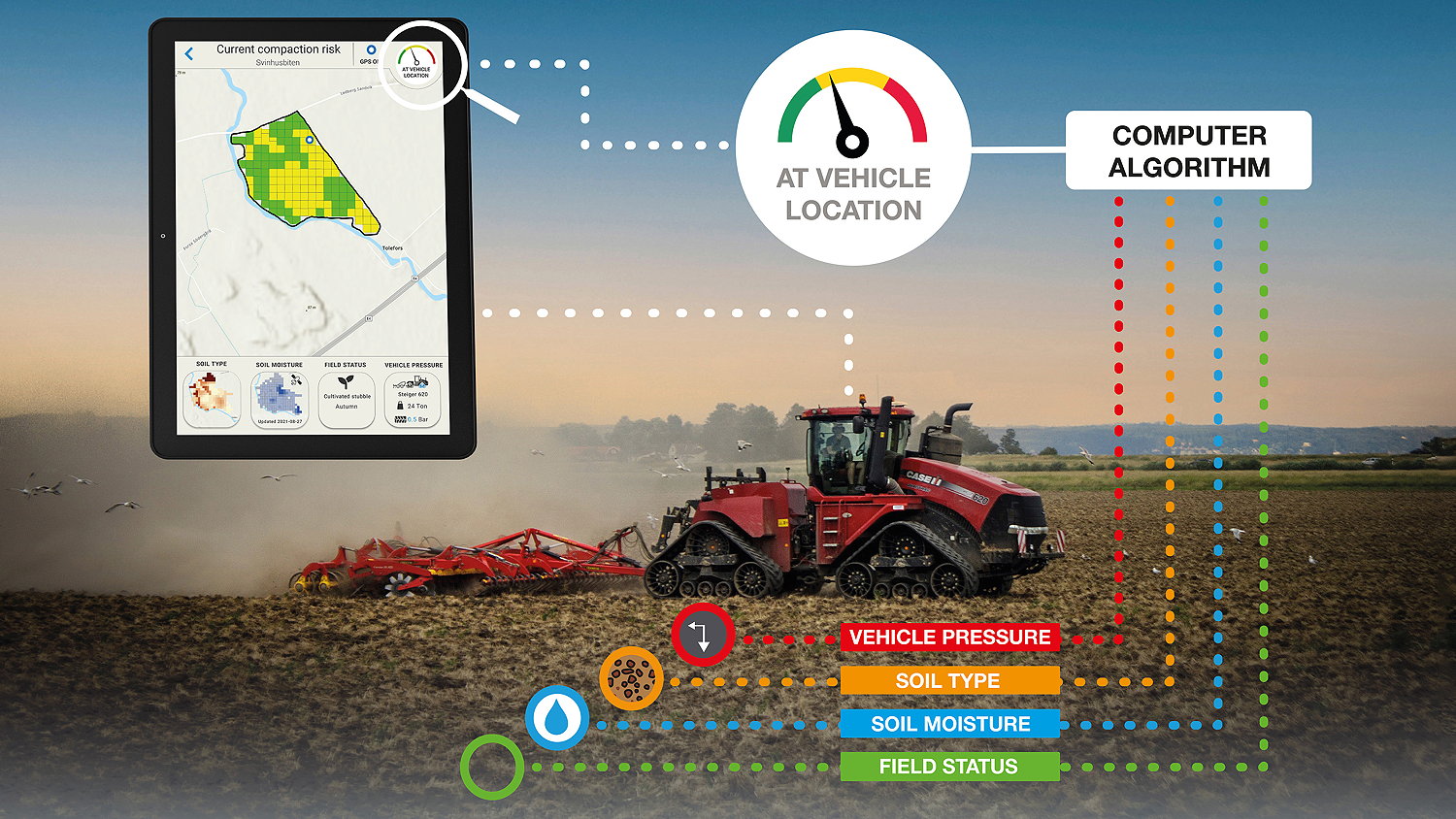
A Swedish team has invented a concept called the Compaction Prevention System (CPS) that can prevent soil compaction. The development comes at a time when an estimated six per cent of harvests is lost due to soil compaction; if the problem could be reduced, the soil would also be more fertile and easier to cultivate, which would save fuel.
CPS relies on a computer processor that’s fed with information about soil pressure, soil type, soil moisture and field status. The latter is included because roots from growing crops can make the soil less susceptible to pack damage.
The information is updated in real time and communicated through a risk meter that the farmer can have in the cab and through maps that can also be analysed at the farm office.
CPS has been developed within the framework of the innovation platform Agtech 2030 that’s coordinated by Linköping University. Farmers, advisors, researchers and civil engineering students have all contributed to the CPS project.
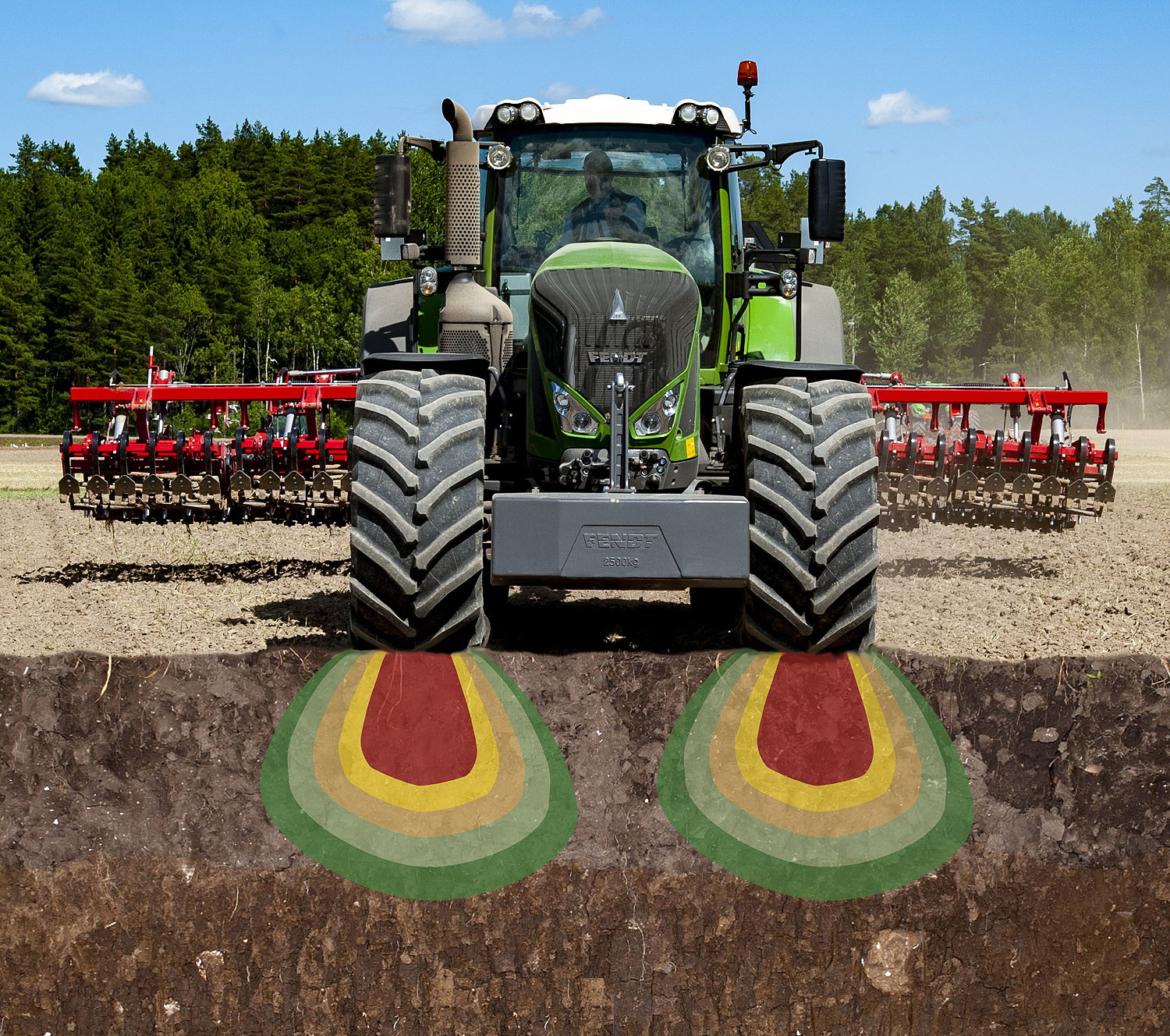
Civil engineering student William Hepp, who was part of the team, said there were three main benefits to farmers using CPS.
“Examples of planning decisions can be to decide in which order different fields should be worked on,” he added. “Before going out on a specific field, you can also get information about the risk of soil compaction for the different parts of the field. The driver can now decide if it’s appropriate to drive, but also reconsider his choice of equipment such as tractor, tyre configuration or amount of fertiliser.
“Then, when the driver is out in the field, they can keep an eye on the unique packing risk meter, which provides continuous information metre-by-metre while crossing the field, thereby providing a basis for decisions to continue or cancel a job.
“Finally, CPS can also provide a basis for strategic decisions to choose the best machine profile for the farm or assess the need for drainage.”


